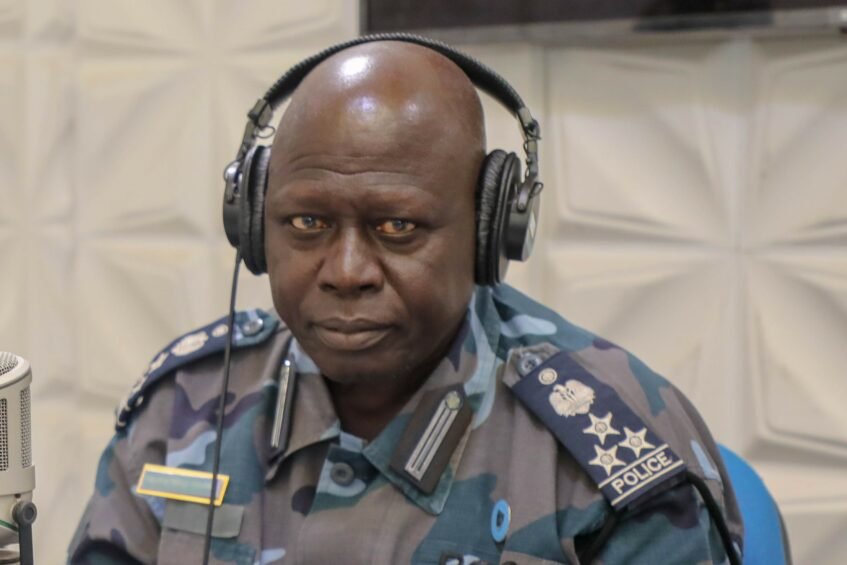By William Madouk
The Director of Special Protection Unit and Child Affairs in the National Police said South Sudan National Police Services (SSNPS) is mulling to train female officers as Sexual Gender Based-Violence investigators.
Brig-Gen James Dak Karlo stated that the international norms require female officers to handle crimes against women and girls, such as gender-based sexual violence.
“Our main target is to train and to empower female officers for investigation. Because the international norm says that any vices have to be investigated by a female. And an issue to do with a male to be investigated by a male,” Karlo said.
“So, we are encouraging female officers to be investigators in regard to the cases of sexual gender-based violence,” he added.
He added that their mandate is to eradicate the impunity of sexual gender-based violence, conflict related to gender-based violence, domestic violence, early marriage, and child trafficking.
Furthermore, Gen Karlo revealed that, police have 13 Specialized Protection Units (SPUs) or “Victim Centers” in ten states and three administrative areas, plus eight UNDP-built SPUs.
“At the moment, the most rape cases, are cases in the hot spots, like Upper Nile, Bentiu, Aweil, and other regions,”
He praised the governor of Unity State for launching a campaign against sexual and gender-based violence and stopping child marriages, as well as the governor of Lakes State, with Jonglei State still lagging behind, despite some progress.
“We want to empower all the other governors to do the same by making advocacy and dissemination in regard to the particular issue of early marriages and child abductions,” he emphasized.
Mr. Karlo, who is also a former deputy spokesperson for the police, noted that fear among survivors to report crimes is one of the biggest obstacles holding police back in identifying perpetrators.
“We have to report because if we don’t report, we cannot pin down the perpetrators – we cannot. The rule of law says an accused is innocent until his guilt is proved beyond a reasonable doubt. And this reasonable doubt requires evidence and requires experts,” he noted
“The issue of being silent, the issue of cultural silence, is also pulling us down. And the issue of our cultural norms. So, we have to encourage them [survivors] that for us to pin down the perpetrators, we have to report,” he continued.
He underlined a pledge made by the South Sudanese government during the tenure of UN Secretary General Ban Ki-moon to abolish gender-based violence, particularly among military.
“Finally, we have to be champions, Women champions; we also have to take up the issue of women because they also need us to be on board with them together for the success of the mission.”
According to UN Women’s results, just 7% of survivors reported the crime to authorities.
Meanwhile, 37% went to hospitals, while 43% kept quiet out of fear. Whereas, more than half, or 57%, believed that reporting would not help.
UNICEF (2019) found that 65% of South Sudanese women and girls face physical and sexual violence. Also, 51 per cent from intimate partner violence and 33 per cent from non-partner during attacks and raiding.
A recent report by the United Nations Mission in South Sudan (2025) revealed that Conflict-related sexual violence (CRSV) and child and women abductions still remain major concerns in South Sudan.
Human Rights Division of the UN Peacekeeping mission said the number of incidents of abduction increased from 65 to 151, or 132%, while the number of cases of sexual violence associated with conflicts increased from 24 to 32, or 33%.
“Between July and September 2024, the UN Peacekeeping mission’s Human Rights Division documented 206 incidents affecting 792 civilians, of which 299 were killed, 310 injured, 151 abducted, and 32 subjected to conflict-related sexual violence (CRSV),” the party reads a statement.



